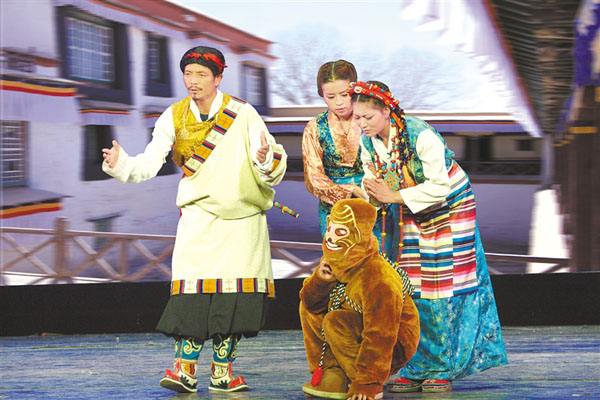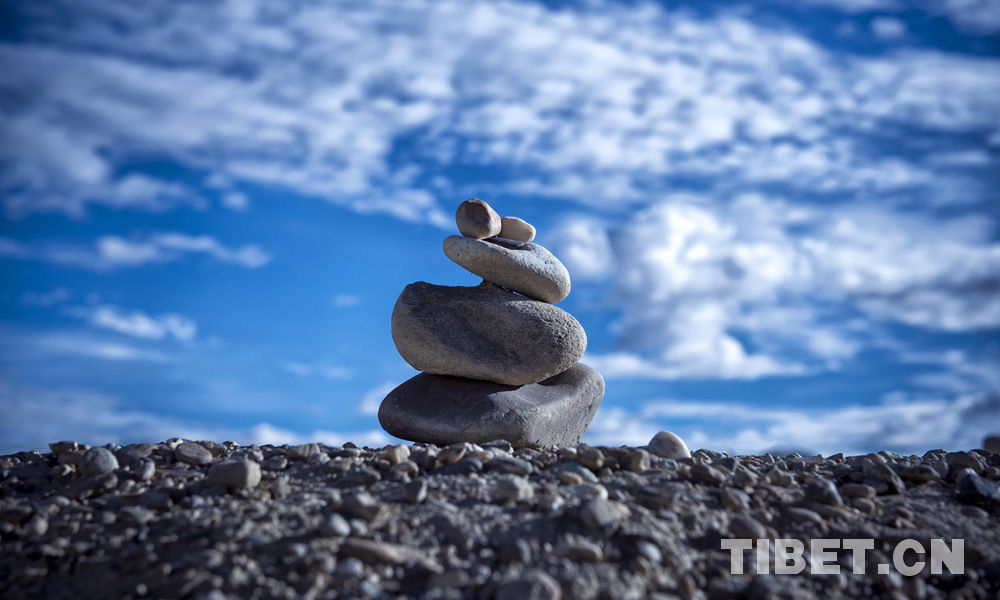How about people’s life in Yushu 8 years after earthquake?

Karma Wensol’s new house after the earthquake.
For Karma Wensol’s daughter-in-law, Tseyomzang, the best part about the new Yushu is the convenient transportation and community construction. “It used to take me more than 20 minutes to get to the market to buy vegetables. Now there is a vegetable shop, grains shop, and clothing store at our doorstep. Its much more convenient to go shopping.”
While constructing the new Yushu, facilities that closely related to people’s lives were given top priority. After reconstruction, the public service facility for local people covers an area of 129.4 hectares, 3.4 times larger than it was before the earthquake.
In addition, the public transportation of the new Yushu covers 149.6 hectares, which is an increase of 88.7 percent compared with the 79.3 hectares before the earthquake. “Now, except roads in nomadic areas, the dirt roads in villages have all been replaced by asphalt roads,” said Karma Wensol.
Tibet Stories

A family of three generations stick to inheritance of Tibetan opera
The Tibetan opera, an intangible cultural heritage in Tibet, originated in the 14th century....
Latest News
- Strange disease kills 8 elephants in northern Tanzania
- SpaceX Christmas delivery arrives at space station
- 135 injured in "yellow vest" protests in France: minister
- Trump confirms White House chief of staff John Kelly leaves at year end
- Japan enacts controversial bill to open door to foreign blue-collar workers

